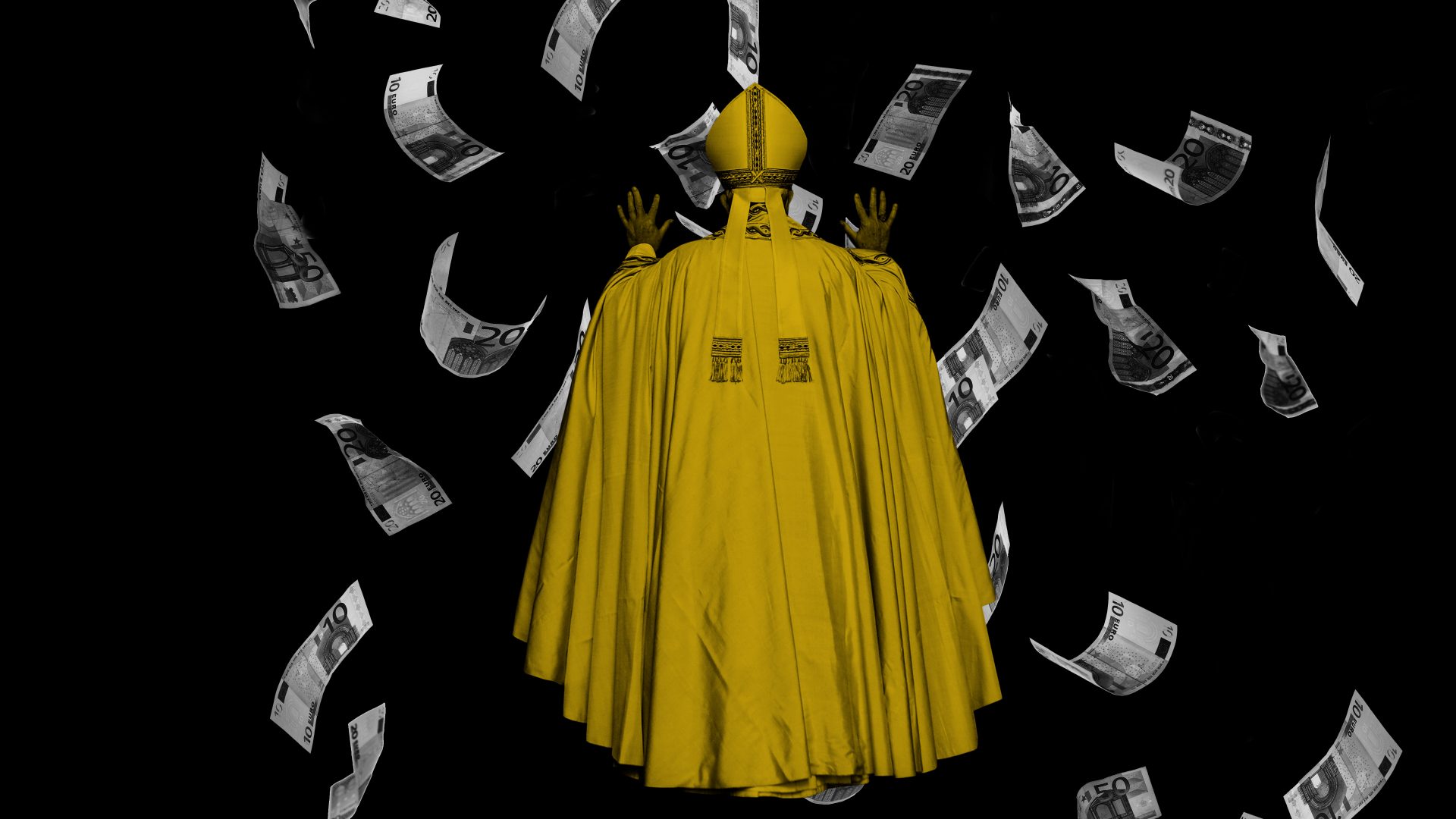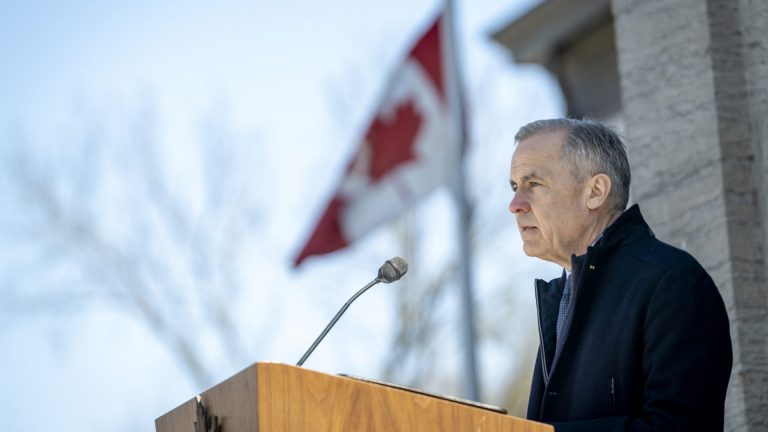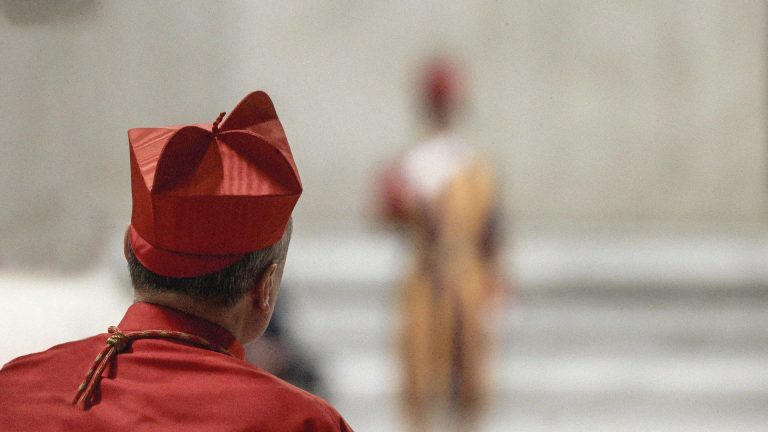The Vatican’s first Auditor General, Libero Milone, has launched a multi-million-euro lawsuit against the Holy See. A judicial document filed with the Vatican Tribunal contains a litany of allegations that Milone claims show a deep culture of financial corruption. He has made it clear he will not be intimidated or silenced, especially not by the powerful lobby who, in his view, behave like the “mafia and use every method including blackmail and dirty dossiers” to impede financial reform.
The Dutch born, ex Deloitte partner, along with his deputy, Ferruccio Panicco, have accused the Vatican of wrongful dismissal. They are seeking nearly €9 million in compensation for moral and reputational damage and lost earnings. Panicco, a former senior financial officer with the Italian automotive giant, FIAT, has stage four prostate cancer. He was being monitored and treated by Vatican medical teams, but this stopped abruptly in June 2017 when the two men were accused of embezzlement and spying. Both men were forced to resign after several hours of aggressive interrogation by Vatican gendarmes. The sudden halt in cancer treatment was, Painicco claims, “an effective death sentence”.
When Pope Francis appointed Milone to a five-year contract in 2015, he became the Holy See’s first independent auditor. In this role, he formed part of a team that included the Australian Cardinal George Pell, that was attempting to overhaul of the Vatican’s antiquated financial systems.
Since his sudden removal, Milone and his lawyers have spent nearly five years trying to unearth details of the charges made against him. “It is unimaginable that charges against an individual be kept secret or confidential – even totalitarian regimes don’t hide the nature of legal accusations,” Milone said.
“I have had cardinals and bishops tell me ‘Be careful what you say, what you speak of, out of place’… In the Vatican, we know there is a power lobby that impedes every type of reform, and they use every method and every excessive power to block change. It’s a small mafia in the Vatican and the gendarmerie, through their system of blackmail and preparing dirty dossiers, keep everything under control.”
News of the lawsuit could not have come at a worse time for the Holy See as officials brace for the appearance later this month of Monsignor Alberto Perlasca, a key suspect, turned star witness, in the so-called Vatican “trial of the century”.
Perlasca is a senior prelate, who once controlled the purse strings of the powerful Vatican state department known as the Secretariat of State. He was also at the heart of the controversial €350 million purchase of a property on Sloane Avenue, in London. Bought in 2018, it was sold earlier this year at an estimated loss of €136 million in a deal that allegedly generated commissions for a small group of Italian financiers. Several of them now face charges of fraud and money laundering.
Perlasca answered directly to Angelo Becciu, the cardinal allegedly behind Milone and Panicco’s forced resignations. Becciu has been charged with embezzlement and abuse of office. In 2020, he resigned from the cardinalate.
The auditors’ 53-page statement of claim for damages, filed last Friday with the Vatican’s Chief Prosecutor in Rome, contains allegations of 20 “strange and unusual” transactions, acquisitions and financial coverups. These were flagged up by the auditors in a number of formal reports presented to senior Vatican officials. Milone and Panicco say their reports were not followed up. Their document does not name the cardinals and officials involved, but it makes clear they can divulge names if needed. The document also suggests that Pope Francis himself has been subject to a campaign of “disinformation, lies and omertà”.
The claims in the legal document make for exraordinary reading. They allege that cybersecurity tests conducted as part of a risk assessments by the auditors’ team revealed specialist hackers had gained access to Vatican email systems, including the Pope’s own.
The document also refers to a note, co-signed on April 5, 2017 by Milone and Pell, alerting the Pope to “grave and evident irregularities in APSA’s conduct” – APSA is the entity that administers the Vatican’s enormous global property holdings. The note also warned that this was a “time of reckoning and truth for the economic reforms.” Milone was forced to resign on June 20, 2017. Ten days later, Pell returned to Australia to face allegations of child sexual abuse.
APSA was also allegedly involved in the purchase of another London property, this time on Kensington High Street. This €90 million acquisition, made in partnership with the Vatican’s pension fund, went against written opposition from Cardinal Pell, who warned that London was in the throes of a property boom and that the property was overpriced. The deal also contravened Vatican money laundering rules introduced by Pope Benedict, which require the Holy See to clearly identify a seller. The property was bought from a trust in Jersey and according to the auditors, “nobody knows who the seller was or how much went from the trust to the seller or if commissions were paid like Sloane Avenue”.
There are also allegations over an agricultural estate on the outskirts of Rome, which was rented by an individual married to the relative of that cardinal. Rental debts to the Vatican of more than €800,000 allegedly remain unpaid.
A further scandal concerns the disappearance of €2.5 million, which was donated to a Hospital, to fund the construction of a new wing. The auditors claim they found only a “thank you” plaque for the new department, placed at the entrance of an old wing.
The document also raises questions over the rental of a sumptuous Vatican apartment by a prominent journalist and another allegation concerning the “accidental, erroneous” transfer of €250,000 of Vatican funds to a Cardinal’s personal bank account. When reported to the Pope by the auditors, the money was immediately repayed. However, it is alleged that an additional €250,000 was found in bank notes in his office. The lawsuit document states that Milone periodically reported his findings to Pope Francis and was always advised by the pontiff to take a “softly softly” approach.
The document alleges further scandals over the renovation of appartments by senior Vatican officials and also the refurbishment of the San Callisto Palace, in the Trastevere district of Rome. The auditors claim that a building company associated with the project was known to have provided invoices that exceeded the amounts actually paid.
The auditors also claim that a high-level review of APSA’s payment systems, originally requested by Cardinal Pell, had revealed that the SWIFT system it used had been manipulated to allow changes of payment destination after the fact. If true, this would mean that the usual mandatory freezing of international payment data, designed to create a a traceable electronic trail of payments between banks, did not work and that APSA could amend and change the payment record at will.
“We have never ever known of this anywhere else in the world. It makes money laundering easy… It was reported and nothing has happened,” Panicco said.
Milone told The New European that many other issues uncovered during the auditing work, including the later unearthing of the anomalous Sloane Avenue acquisition, have at last emerged into the open because “lies have short legs”.
“I believe we did what was right but in the end, we uncovered things that were embarrassing for the Vatican. I did not know I’d find Cardinals putting money in their pockets. I just did my job. I reported – so why am I put on the cross for doing the right thing, for doing what I was appointed to do?”
Panicco says the delay in identifying the spread of his cancer meant there was now little that the Vatican could do to harm him further. “They’ve done their worst… they are guilty, if not maliciously, of sentencing me to death and probably have taken 15 to 20 years of my life.”
In 2018, seeking answers to his dismissal, Milone was offered a document signed by Gian Piero Milano, the chief prosecutor and then President of the Vatican Tribunal, which stated all charges against him had been mothballed. However, his employment file, deemed the subject of a Papal Secrecy decree, was not made available.
Dissatisfied, his legal team persevered quietly and diplomatically behind the scenes until this year when the Vatican changed tactics and threatened Milone with new espionage charges. These include the alleged use of geolocation technology and spying. Milano rejects these allegations, describing them as inventions. He says he will no longer remain silent or be intimidated.
The two men said they were honoured and enthused about working to safeguard the distribution and management of money donated by the faithful to fund the Church’s good works and that they had worked in accordance with Vatican statutes. These state that the “Auditor General, with full autonomy and independence, will follow recognised international best practices in public administration”. International standards for the audit sector are set by the umbrella body, INTOSAI (International Organization of Supreme Audit Institutions), a watchdog body which the Vatican has subscribed to since 1986.
“Why did we accept this job? Our intentions had nothing to do with ego but to contribute to the work that Cardinals Pell, Parolin, and Marx were doing. They were convinced they were doing good, sound work… sound until someone discovered just how good it was and threw it out the window,” Milone said.
“My mother used to go to church, donate money to help the church as did so many of her friends and so many Catholics around the world. We discovered that this money ended up in personal pockets, it was diverted, misspent, misused… I have a lifetime’s career to respect. I want my grandchildren to know that their grandfather did the right thing”.










